Stock Exchange of Thailand
The modern Thai capital market traces its origins back to the early 1960s. In 1961, Thailand implemented its first five-year National Economic and Social Development Plan to promote economic growth and stability as well as to develop the people’s standard of living. Subsequently, the Second National Economic and Social Development Plan (1967–1971) proposed the establishment of Thailand’s first securities market to play the vital role of mobilizing capital to support the nation’s economic and industrial development.
The modern era of the Thai capital market can be divided into two phases, beginning with the Bangkok Stock Exchange, which was privately owned, and followed by the Securities Exchange of Thailand.
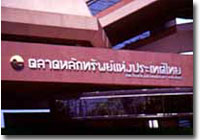
The Bangkok Stock Exchange
The first Thai stock exchange was established in July 1962 in the form of a limited partnership. In 1963, the stock exchange was registered as a limited company and its name changed to the Bangkok Stock Exchange Co., Ltd. (BSE)..
Although the Bangkok Stock Exchange provided a good venue for trading shares, it garnered limited attention. Annual turnover was only THB160 million in 1968 and THB114 million in 1969. Trading volumes continued to drop sharply to THB46 million in 1970, and then fell further to THB28 million in 1971. While the turnover in debentures reached THB87 million in 1972, stocks continued to perform poorly, with turnover hitting an all-time low of only THB26 million. BSE finally ceased operations in the early 1970s.
It is generally accepted that the BSE failed because of a lack of government support and Thais’ limited understanding of the equity market.
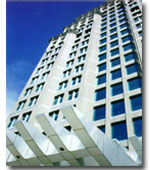
The Stock Exchange of Thailand
Although the Bangkok Stock Exchange was not successful, the concept regarding the establishment of a well-regulated stock market that had government support received widespread interest from the public. The Second National Economic and Social Development Plan (1967–1971) therefore proposed the establishment of a capital market for the first time by providing the appropriate measures and tools to facilitate securities trading.
In 1969, as recommended by the World Bank, the government appointed Professor Sidney M. Robbins from Columbia University to study the development of the Thai capital market. Professor Robbins had previously served as Chief Economist at the United States Securities and Exchange Commission. The same year proved an eventful one for the Thai capital market, as the Bank of Thailand also formed a Working Group on Capital Market Development, which was assigned the task of establishing the stock market. A year later, in 1970, Professor Robbins produced a comprehensive report entitled "A Capital Market in Thailand." This report became the master plan for the future development of the Thai capital market.
In 1972 the Thai government took a further step in creating a capital market by amending the "Announcement of the Executive Council No. 58 on the Control of Commercial Undertakings Affecting Public Safety and Welfare." The changes extended government control and regulation over the operations of finance and securities companies, which until then had operated fairly freely. Then in May 1974, long-awaited legislation establishing the Securities Exchange of Thailand (SET) was enacted to provide for securities trading in order to promote savings and mobilize domestic capital. This was followed by revisions to the Revenue Code at the end of the year, allowing the investment of savings in the capital market. By 1975 the basic legislative framework was in place and on April 30, 1975, the Securities Exchange of Thailand officially started trading. On January 1, 1991 the name was formally changed to the Stock Exchange of Thailand (SET).
![]() Regulatory Framework of the Capital Market
Regulatory Framework of the Capital Market
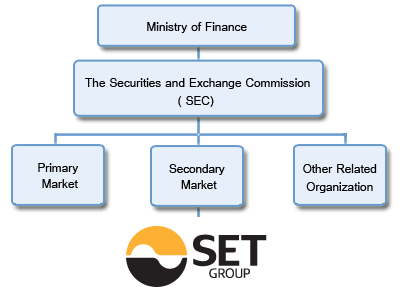
The Securities and Exchange Act of 1992 (SEA) stipulates that the Stock Exchange of Thailand (SET) is overseen by the Securities and Exchange Commission (SEC), while SET policies and operations are the responsibility of the SET Board of Governors. The Bank of Thailand (BOT) is responsible for the country's money market. The SEA also provides a clear distinction between the primary and the secondary markets to facilitate their successful development. Both primary and secondary markets are regulated by the SEC.
Primary Market
The SEC oversees and regulates the primary market. Any company wishing to issue new securities via an initial public offering (IPO) or offer additional securities to the public requires approval from the SEC and must comply with its filing requirements. The SEC then needs to review the finances and operations of the company before approving the issuance of securities and their sale to the public.
Secondary Market
Following the initial public offering, securities may be traded in the secondary market once the issuer has applied for and been granted approval by the SET.
![]() Roles of the Stock Exchange of Thailand
Roles of the Stock Exchange of Thailand
As defined in the Securities and Exchange Act of 1992, the SET's primary roles are:
- 1. To serve as the center for the trading of listed securities, and to provide systems needed to facilitate securities trading;
- 2. To conduct any business relating to securities trading, such as clearing house, securities depository, securities registrar, and similar activities;
- 3. To undertake any other business approved by the SEC.
![]() Operations
Operations
- ● The Stock Exchange of Thailand was incorporated under the Securities Exchange of Thailand Act, B.E. 2517 (1974). Operations started on April 30, 1975.
- ● As a nonprofit hub for securities trading and related services, SET serves to promote savings and long-term capital funding for the economic development of the nation.
- ● SET encourages the general public to become shareholders in domestic businesses and industries.
- ● Currently, SET operates under the legal framework laid down in the Securities and Exchange Act, B.E. 2535 (1992).
- ● SET core operations include listing securities, supervision of information disclosures by listed companies, oversight of securities trading, and monitoring member companies involved in trading securities, as well as dissemination of information and education to investors.
![]() Membership in International Organizations
Membership in International Organizations
- ● Asian and Oceanian Stock Exchanges Federation (AOSEF): SET joined as full member in 1982.
- ● International Organization of Securities Commissions (IOSCO): SET became a full member in 1990. With the establishment of the Securities and Exchange Commission (SEC) in 1992, SEC assumed the status of full member and SET became an affiliate member.
- ● World Federation of Exchanges (WFE): SET joined as full member in 1990.
- ● UN Sustainable Stock Exchanges Initiative: SET became a member in 2014.






















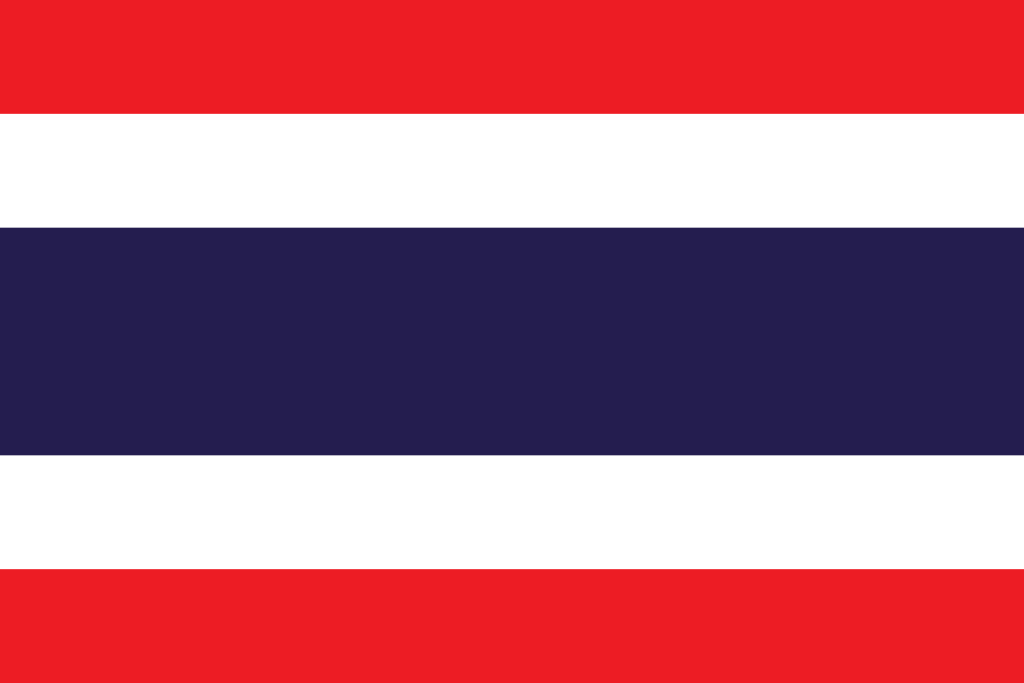
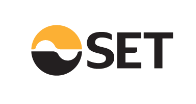
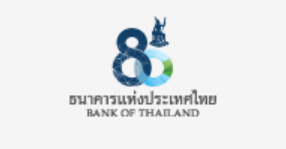






























First, please LoginComment After ~